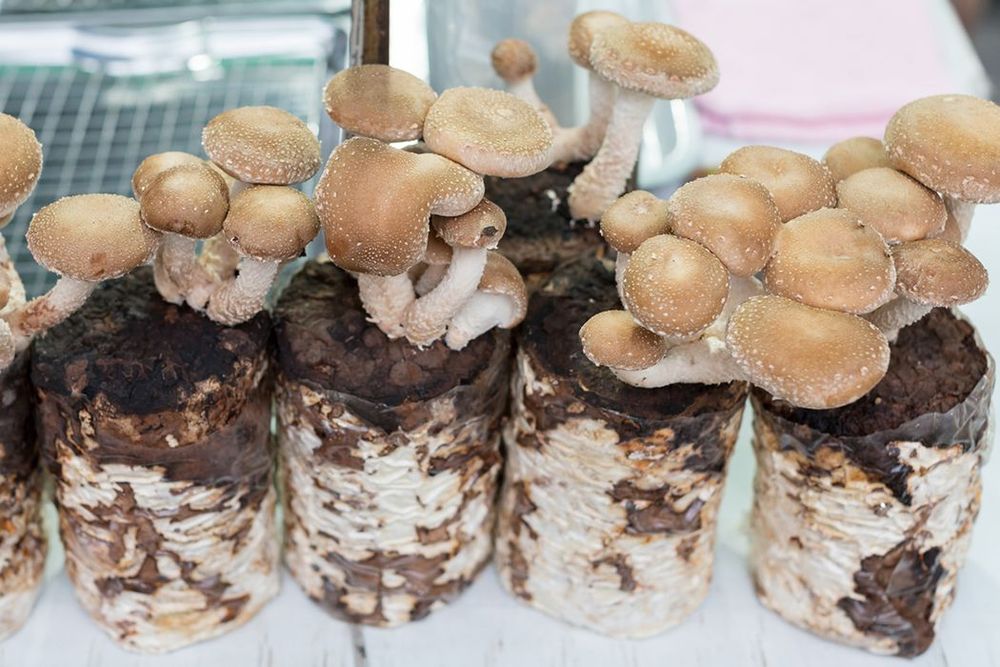Plastic has become ubiquitous in our home and work lives over the past 50 years. It is pliable, durable, easy to make, and hard to break. Plastic may be convenient and useful, but it also won’t break down naturally, which makes it a long-lasting pollutant. A recent study published in Science Advances found that humans have produced 8,300 million metric tons of plastic to date, which is 25,000 times the weight of the Empire State Building. Seventy nine percent of that has ended up in landfills or the ocean. If we continue making plastic at our current rate, that figure will reach 12,000 metric tons by the year 2050. Plastic pollutants are showing up in drinking water all over the world as well as in food products, like beer. We have a serious problem.
Humans are “addicted” to plastic, says Gavin McIntyre, chief scientist and co-founder of Ecovative, a company aiming to reduce our dependence on plastic and other toxic or non-decomposable materials by making biodegradable alternatives. For several years, Ecovative has been manufacturing eco-friendly packaging supplies, and has just received a grant from the Environmental Protection Agency to further develop its new product, mResin, an alternative to the harmful adhesives found in most paneling and insulation.
Ecovative products, unlike most synthetic plastics that are made from crude oil, are grown from mycelium—networks of fungal or mushroom roots. In nature, fungi break down waste, such as old leaves, dead plants, and pieces of wood, and use it to propagate. Ecovative harnesses this natural process and grows the mycelium into various shapes and structures, from pieces of furniture to packaging materials like MycoFoam, its trademarked Styrofoam substitute.
